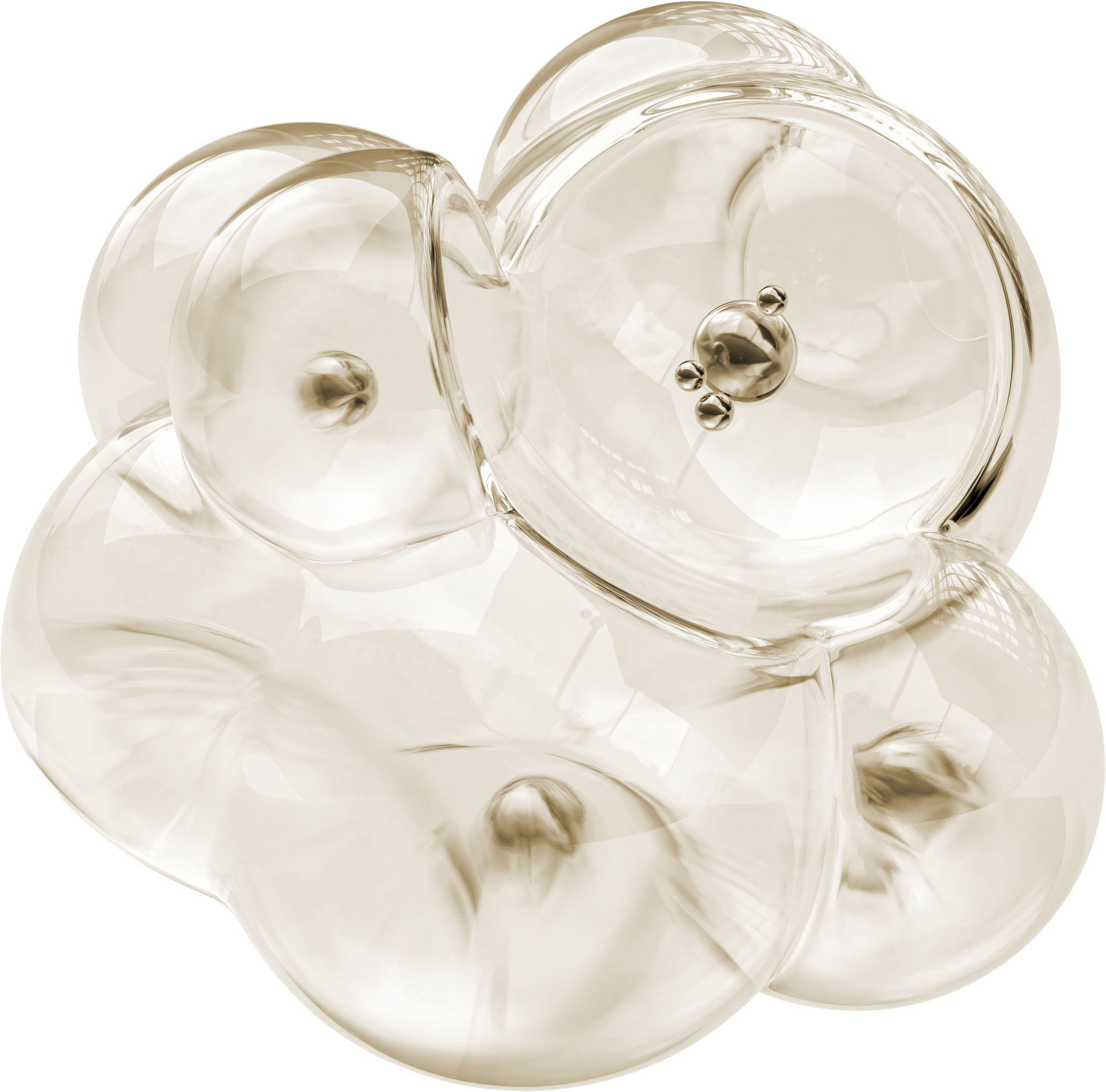Targeted support against migraine: How dietary supplements can make the difference
Migraine is a condition that forces us to better understand the needs of our body. It shows how sensitive our nervous system is to everyday stresses – and how important it is to act preventively. A conscious lifestyle, regular routines, and avoiding triggers are essential, but migraine patients often need additional support to restore balance in the brain. This is where targeted dietary supplements come into play.
Magnesium, zinc, and coenzyme Q10 are three micronutrients whose effectiveness in migraine prevention is well scientifically studied. They act where migraine originates – in the interaction of nerve cells, blood vessels, and chemical processes. But what makes these nutrients so special?
Stress:
The invisible tension trigger

Stress is one of the most common migraine triggers. It puts the body into an alarm state, releasing hormones such as cortisol and adrenaline. These hormones temporarily boost energy availability but also increase the excitability of the nervous system. The phase after stress, when the body relaxes, is particularly tricky: hormone levels drop abruptly, which can overwhelm the sensitive nervous system. This imbalance is often referred to as "weekend migraine." [3]
What you can do:
Regular breaks in everyday life and relaxation techniques such as yoga, meditation, or breathing exercises can help maintain a more even stress level. Supplements like magnesium are also valuable because they calm the nervous system and promote natural relaxation. Magnesium is known to relieve muscle tension and stabilize nerve activity – ideal for stress-related migraine attacks.
Nutrition:
The hidden triggers on the plate

Certain foods such as red wine, aged cheese, or chocolate contain substances like histamine, tyramine, or phenylethylamine, which can irritate the nervous system and affect blood vessels. An irregular blood sugar level – for example, from skipping meals – can also trigger migraines, as the brain is particularly sensitive to energy shortages.[4]
What you can do:
Keep a food diary to identify possible connections between foods and migraines. Regular meals help maintain stable blood sugar levels. Zinc can also be helpful as it promotes histamine breakdown and reduces inflammatory reactions.[5]
Hormonal fluctuations:
The triggers from the inside

Hormonal changes, especially in women, are among the most common migraine triggers.
Before the period or during menopause, the estrogen level often drops sharply. These fluctuations can increase pain sensitivity and disrupt vascular regulation, which promotes migraine attacks.[6]
What you can do:
Exercise, a balanced diet, and a stable sleep rhythm can help regulate the hormonal balance. Coenzyme Q10 supports the energy supply of the cells and can help make the brain more resilient to hormonal fluctuations.[7]
Sleep pattern:
Why the right rhythm is so important

Healthy sleep is one of the most important factors for brain health, but especially for migraine patients, even a small disruption in the sleep-wake cycle can have significant effects. Lack of sleep increases cortisol levels, the so-called stress hormone, and agitates the nervous system. At the same time, irregular sleep – such as frequently changing sleep times or skipping sleep phases – can disturb the delicate balance in the brain. Studies show that migraine patients often have an increased sensitivity to changes in sleep patterns.[8]
What you can do:
A regular sleep rhythm is crucial. Try to go to bed and get up at the same time, even on weekends. Also pay attention to a relaxing sleep routine – for example, by avoiding screens before going to bed and having a cool, quiet sleeping environment. Magnesium can play a supportive role as it relaxes the body and improves sleep quality, which can help prevent migraine attacks. [9]
Weather change:
The invisible trigger

Many migraine patients report headaches that occur with sudden weather changes. Air pressure fluctuations, high humidity, or extreme temperatures affect blood circulation and blood pressure. The sensitive nervous system of migraine patients often reacts to this with overstimulation.[10]
What you can do:
When the weather changes, make sure to drink enough fluids and regularly eat small, balanced meals. A stable supply of energy and fluids to the body helps relieve the nervous system. Additionally, supplements such as Coenzyme Q10 and zinc can support. Coenzyme Q10 improves the energy supply to the cells and strengthens the nervous system, while zinc has anti-inflammatory effects and can positively influence vascular regulation. Studies suggest that these micronutrients may contribute to the prevention of migraines.[7]






























Sit amet volutpat consequat mauris nunc congue nisi. At ultrices mi tempus imperdiet nulla malesuada
pellentesque. Netus et malesuada fames ac turpis egestas sed. Morbi blandit cursus risus at. Pulvinar
etiam non quam lacus.
Sit amet volutpat consequat mauris nunc congue nisi. At ultrices mi tempus imperdiet nulla
malesuada pellentesque. Netus et malesuada fames ac turpis egestas sed. Morbi blandit
cursus risus at. Pulvinar etiam non quam lacus.